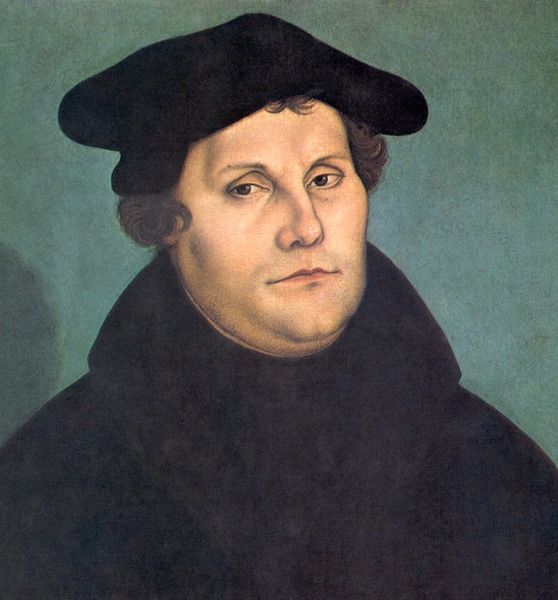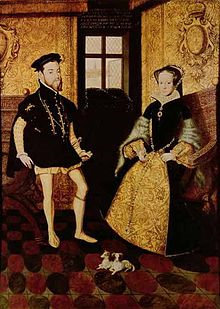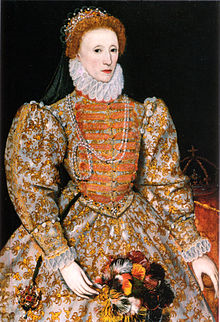
- •Voronezh state university
- •50 Things you need to know about britain.
- •50 Things you need to know about britain.
- •1). Stonehenge
- •2). St. Augustine and Christianity
- •3). Canterbury Tales
- •4) Religious settlement
- •5) Shakespeare
- •6) Gin craze and British drink culture
- •Battle of Waterloo and national identity
- •* The battlefield today
- •8)The Red House and ‘my house is my castle’
- •10) The Beatles
- •Alfred the Great.
- •Magna Charta (1215).
- •3) English Civil war of 1642 -1649.
- •4) The Glorious Revolution. (1688 - 89)
- •5) Birth of Great Britain, Act of Union in 1707.
- •6) Robert Walpole – the first Prime Minister.
- •The British Bobby.
- •Suffragettes
- •*The Suffragettes wanted the right for women to vote.
- •9). National Health Service
- •Results
- •(Http://en.Wikipedia.Org/wiki/Welfare_state_in_the_United_Kingdom) *The National Health Service
- •10). Britain Joining Europe*
- •*A History of the European Union and Great Britain
- •Introduction.
- •1). The Roman Invasion
- •2). The Norman invasion of 1066
- •3). Elizabeth I and the Spanish Armada
- •4). East India Company and the battle of Plassey
- •5) Tea and American Revolution
- •1. What is understood by the “Boston Tea Party”*?
- •3. Why did the British loose the battle?
- •6) Nelson and the Battle of Trafalgar
- •7). Slave trade
- •Campaign to abolish the slave trade
- •8) Dr Livingston and exploration of Africa*
- •9)The Windrush and the Empire
- •Identity
- •10). The Channel Tunnel* and the Eurostar
- •Early Plans
- •A Contest
- •The Design for the Channel Tunnels
- •Getting Started
- •Building the Channel Tunnel
- •Connecting the Tunnels
- •Finishing the Channel Tunnel
4) Religious settlement



Martin Luther Henry VIII Queen Mary I Queen Elizabeth I
Task 7. In what sentences are the following phrasal verbs used?
Break with – порвать отношения
Set up – установить
Task 8. Fill in the gaps while viewing this subpart.
People in Britain were devout but increasingly critical of the Catholic Church. Martin Luther* in Germany spoke publicly against the corruption of the Catholic church. From then on people were divided into Catholics and Protestants. This brings us to the birth of the 1)…… .. ……. . Reformation of the Church in England is about one man’s drive for power. It was caused by King Henry VIII need for divorce, because his wife Katherine had given him a daughter but failed to produce a male 2) …. . The Pope didn’t grant him a divorce, so Henry VIII set up his own English Church. With him the whole English nation had to break with Rome whether they liked it or not. Henry had 3) … wives but only three legitimate 4) ……..: two daughters and one son. Even though he began 5) ……… reformation, Henry’s personal religion never really changed.
His son Edward became the first Protestant King. British Book of Common Prayer* was introduced. Edward ruled for six years before he died. His half-sister Mary was a Catholic. So Protestants were persecuted, tortured, even burned at the stake. It gave her the nickname 6) …… …. . Mary died childless in 1558. Elizabeth followed her to the throne. She was a Protestant. Elizabeth managed to create religious settlement in 1559 which brought peace to England.
The Church of England and Protestantism became one of the strongest roots of English national culture.
Cultural Commentary
*Martin Luther – (1483 –1546) was a German monk, former Catholic priest, professor of theology and seminal figure of a reform movement in sixteenth century Christianity, subsequently known as the Protestant Reformation.[1] He strongly disputed the claim that freedom from God's punishment for sin could be purchased with money. He confronted indulgence salesman Johann Tetzel with his Ninety-Five Theses in 1517. His refusal to retract all of his writings at the demand of Pope Leo X in 1520 and the Holy Roman Emperor Charles Vat the Diet of Worms in 1521 resulted in his excommunication by the pope and condemnation as an outlaw by the Emperor. Luther taught that salvation is not earned by good deeds but received only as a free gift of God's grace through faith in Jesus Christ as redeemer from sin. His theology challenged the authority of the Pope of the Roman Catholic Church by teaching that the Bible is the only source of divinely revealed knowledge.
*Book of Common Prayer - The original book, published in 1549 (Church of England 1957), in the reign of Edward VI, was a product of the English Reformation following the break with Rome. Prayer books, unlike books of prayers, contain the words of structured (or liturgical) services of worship. The work of 1549 was the first prayer book to include the complete forms of service for daily and Sunday worship in English. It contained Morning Prayer, Evening Prayer, the Litany, and Holy Communion and also the occasional services in full: the orders for Baptism, Confirmation, Marriage, 'prayers to be said with the sick' and a Funeral service.
